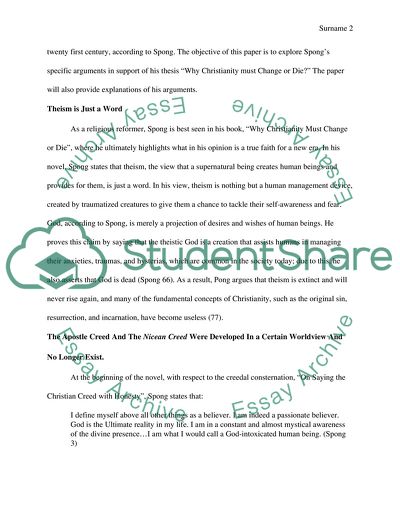Cite this document
(“Why christianity must change or die Book Report/Review”, n.d.)
Why christianity must change or die Book Report/Review. Retrieved from https://studentshare.org/religion-and-theology/1597525-why-christianity-must-change-or-die
Why christianity must change or die Book Report/Review. Retrieved from https://studentshare.org/religion-and-theology/1597525-why-christianity-must-change-or-die
(Why Christianity Must Change or Die Book Report/Review)
Why Christianity Must Change or Die Book Report/Review. https://studentshare.org/religion-and-theology/1597525-why-christianity-must-change-or-die.
Why Christianity Must Change or Die Book Report/Review. https://studentshare.org/religion-and-theology/1597525-why-christianity-must-change-or-die.
“Why Christianity Must Change or Die Book Report/Review”, n.d. https://studentshare.org/religion-and-theology/1597525-why-christianity-must-change-or-die.


